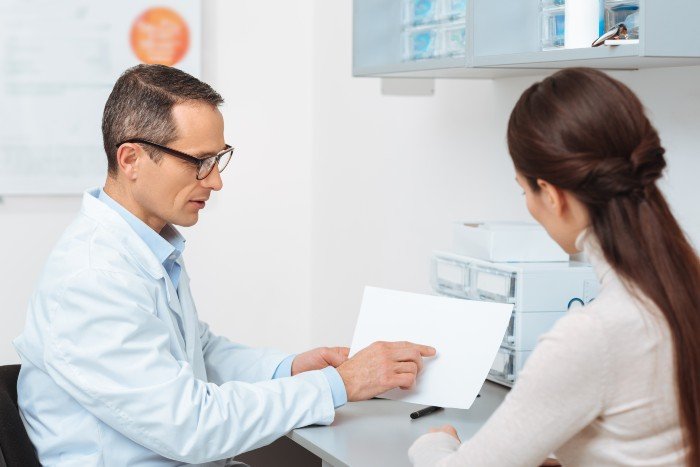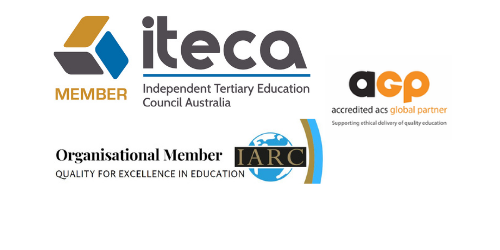Medical reception, or hospital reception, plays a crucial role in the delivery of medical services. Medical receptionists work at the front desks of hospitals, doctor’s offices, and even at various medical facilities. Basically, they greet visitors, answer phone calls, and perform clerical tasks. However, what sounds so simple carries with it responsibilities that should be performed with utmost care. If you want to start a career in medical reception, read on to find out more.

What does a medical receptionist do?
Aside from those already mentioned above, medical receptionists have the following tasks:
- Processing patient information into a filing system in the computer
- Calling patients to remind them of their upcoming appointment
- Receiving and processing payments from patients
- Answering patient queries and providing them with intake forms
- Answering multiple phone calls and directing them to the proper department
- Transcribing notes from physicians
How to jumpstart your career in medical reception
To become a medical receptionist, you need to acquire specific skills and certifications. Here’s a more detailed list of what you need to accomplish.
1. Education
To become a medical transcriptionist, you need to have a high school diploma or General Education Diploma (GED) at the very least. You can also take classes at any community college or vocational school that offers diploma and certificate programs in medical reception or medical office technology. Though an associate degree or college-level coursework is not a requirement, it can increase an applicant’s chances of getting hired.

2. Training
Aside from the minimum education requirement, a career in medical reception may require formal online or in-person training, depending on the employer. The training may involve medical ethics, medical software, and medical technology. Some of these trainings can be conducted and sponsored by the company itself and may tap the skills and expertise of an experienced, senior staff member. The training may cover institutional procedures, company policies, patient health information, and patient confidentiality.
3. Certifications
Starting a career in medical reception can be stronger if you get certified for the job. Among the most common yet important certifications are the Medical Administrative Assistant Certification and Electronic Health Records Specialist Certification.
- Medical Administrative Assistant Certification, which usually takes around two to four semesters to complete, is where you will learn about first aid, CPR, office procedures, medical terminology, and health insurance billing.
- Electronic Health Records Specialist Certification specialises in health records management but requires experience and an exam. With this, you can learn about securing accurate records, insurance, and patient data.
You can take Mumsinc’s Medical Reception Skills course, an online certification course. It represents 4 accredited medical units from the HLT37315 Certificate III in Health Administration, covering topics on interpreting and applying medical technology appropriately, complying with infection prevention, and maintaining patient records among others. Taking this short course can jumpstart your career in medical transcription and fast track your readiness for a career in medical reception or administration.
4. Skills
To become a qualified medical receptionist, you need to acquire several skills, including communication, customer service, computers, organization, and medical terminology.

- Communication involves answering phones, sending emails, and making calls. The skill also covers knowing how to listen, writing with clarity, and delivering information.
- Customer service means greeting returning patients, clients, and staff members. You will also impart directions and help in completing forms. As a medical receptionist, you will need to be warm and friendly to everyone.
- Having computer skills is important because you will deal with files, patient information, payments, and insurance companies. You will use word processing software and database systems every day.
- Organization skills are also important because you will be filing forms, sheets, and patient information.
- Medical terminology involves knowing medical terms and other related information in the medical field since you will be in charge of filing medical information.

Starting a career in medical reception is a good move regardless of your age. You just need to be equipped with the minimum requirements and work your way up through certifications and training.
